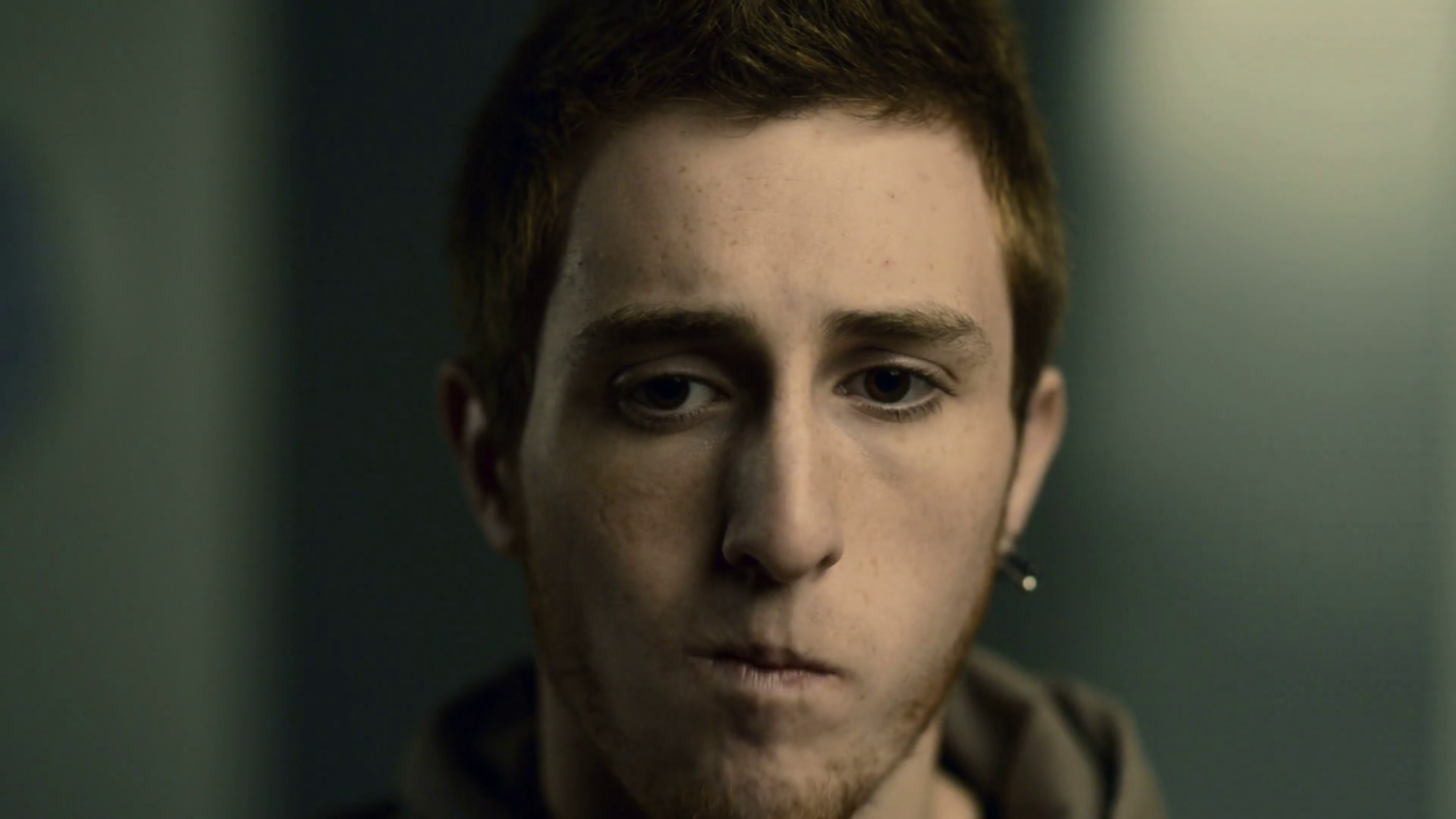Mental health and building self-esteem
Low self-esteem is at the heart of many mental health problems
A feeling of not feeling worthy or valued can be at the heart of issues and low self-esteem. Low self-esteem can be caused by internal and external pressures, making people feel as though they don’t belong or don’t deserve good things. Internally, we make comparisons throughout our daily lives, these comparisons can break down a child or young person’s self-esteem if they don’t have anyone to help them see the positive.
Responses to unknowns
When faced with an unknown, such as an unexpected message, a change in routine or a new situation most of us experience an automatic physical feeling, followed by thoughts which then lead to a behaviour. We all have physical responses to stress and unknown situations; it’s automatic. The physical sensations for excitement and fear are very similar, it’s the thoughts and behaviours following them which can be seen as positive or negative.
Physical feeling (automatic)
- Butterflies
- Heart racing
- Sweaty palms
Thoughts
- Worst case scenario
- Best case scenario
- Logical middle ground
Behaviour
- Withdraw
- Be proactive
So, what can we do to protect a child or young person’s self-esteem?

Breaking the negative thought cycle
It’s important to support children and young people in recognising that they have feelings, thoughts and behaviours for events and situations, and that they are capable of changing the pattern and breaking the negative cycle linked to low self-esteem. Low self-esteem provides counterproductive coping strategies, whereas healthy self-esteem helps people to stay logical and not jump to radical conclusions based on their own thoughts.
Healthy self-esteem helps people to stay logical and not jump to radical conclusions based on their own thoughts
Thinking patterns of people with low self-esteem usually involve; exaggerating the negative, over generalising, ignoring positive information, thinking in terms of black and white and jumping to conclusions.
Now, what can we do to build up a child or young person’s self-esteem?
Building self-esteem
Building up someone’s self-esteem is not a quick and easy job, but it is possible and should be done in small steps. To build someone’s self-esteem you are helping them to believe that they are worthy and valued, which can be the opposite of what they’ve believed for years.
Ideas of how to build up self-esteem include:
- Reminding them of a previous, related success or achievement
- Giving a role or responsibility
- Just being there
- Praising and encouraging the positives
- Being a role model for overcoming imperfections, doubts and challenges
- Starting with small achievements and building up gradually
- Breaking a challenge down into manageable chunks
- Enabling success and achievement, don’t do it for them
- Taking a proactive and preventative approach when possible
- Trying to reduce overwhelming feelings
- Encouraging them to look for their positives which can be fact or opinion
- Increasing problem solving capacity
- Encouraging self-care and friendships
We all have phases of low self-esteem, and it’s important to bear in mind that they are just that, phases. Children and young people don’t always have this concrete knowledge or reminder to fall back on, so through helping them to build up their self-esteem, they should be able to become more resilient in the future.











